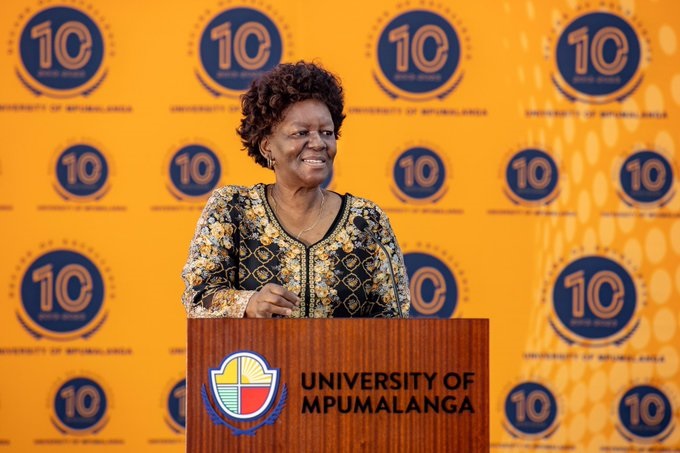Staff Reporter
Universities South Africa (USAf) recently invited universities to submit case studies illustrating the positive outcomes of their research and academic work in society.
This initiative is led by the Research and Innovation Strategy Group (RISG), one of USAf’s six strategy groups mandated to advise the USAf Board on research and innovation matters in higher education. The RISG works collaboratively with stakeholders in the national research and innovation system.
According to Professor Thoko Mayekiso, Chairperson of the RISG and Vice-Chancellor and Principal of the University of Mpumalanga, these case studies will enable USAf to highlight and celebrate the impact on society derived from research conducted at South African universities.
“Recognising that an engaged university identifies and responds to societal challenges in its context, we want to illustrate the developmental and transformative value of our universities in society,” she said, adding that this is one of the many ways “to invoke appreciation for our institutions of higher learning.”
The call to universities was distributed on 29 April 2024, targeting the offices of Deputy Vice-Chancellors responsible for Research and copying Research Directors. The submission deadline is 14 June 2024.
In this project, USAf collaborates with Professor Chris Brink, a widely recognised authority in the concept of an engaged university.
An Emeritus Vice-Chancellor of Newcastle University in the United Kingdom and former Rector and Vice-Chancellor at Stellenbosch University, Professor Brink was extensively involved in the conceptualisation, in South Africa, of the National Research Foundation (NRF) Framework to Advance the Societal and Knowledge Impact of Research. For the unfolding project, the RISG adopted the research impact definition provided in that Framework.
The NRF, mandated to support, promote and advance research and human capacity development through funding and providing essential research infrastructure, defines research impact as:
“A beneficial change in society or knowledge advancement, brought about as a direct or indirect result of the NRF’s research support interventions, whether planned or unintended, immediate or longer-term.”
Furthermore, top case studies could be presented at the upcoming 3rd USAf Higher Education Conference in October.
Professor Mayekiso specified that these case studies should provide evidence of already achieved and not anticipated change. “We look forward to receiving these fascinating narratives to factually demonstrate the value of our universities to the South African society,” she concluded.
INSIDE EDUCATION







